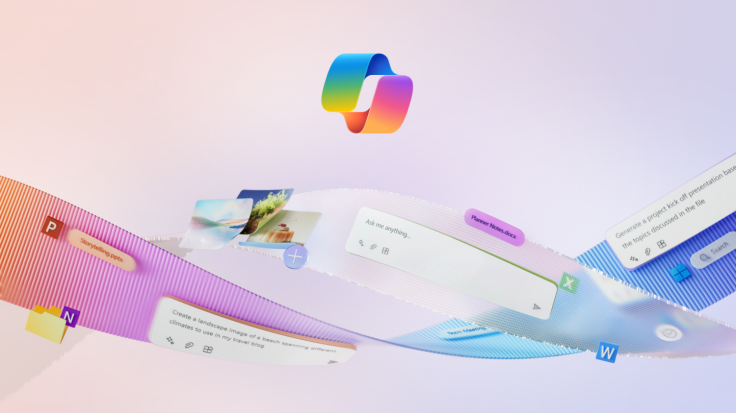Tech giant Microsoft is clearing things up when it comes to its artificial intelligence's (AI) terms of service, and it now highlights a message to users that the AI is not a human replacement. There are already users who rely on AI systems for significant parts of their lives, leading Microsoft to emphasize that its health bots are not designed to replace professionals.
Microsoft's artificial intelligence developments are known for being powered by OpenAI's GPT large-language model (LLM), which means they share the same platform as ChatGPT.
Microsoft's AI Terms of Service Clarifies It is Not a Human Replacement

The latest update to Microsoft's Services Agreement, also know as its terms of service, for its AI seeks to clarify to users that it is still just a program or system. Specifically, TechRadar has reported that in its Health Bots section, the clarification went along the lines of "these technologies are not a human replacement."
It was then reiterated by Microsoft that users are responsible for their use of the company's health bots. The tech giant also clarified that these health bots are not medical devices.
Microsoft's health bots are powered by its AI, among others but the company continues to stress that these bots are not meant to replace the advice of healthcare proffesionals.
Microsoft AI is Not Like a Professional
The tech giant has also clarified that will not be responsible for how people will eventually act based on what the health bots told them during consultation. What users will eventually do based on the advice of these boths will be their own responsibility.
Furthermore, Microsoft also noted that health bots "may not work as intended" in several use cases.
Microsoft's Copilot AI and OpenAI Partnership
After Microsoft's Bing AI chatbot ruled the early part of 2023 with what it has to offer, it followed up with what is now known as Copilot AI, the dedicated machine learning system available on Windows. Apart from being introduced as the main AI chatbot in the Windows OS, Microsoft also stressed that Copilot AI may still be enjoyed on browsers via Bing, as well as on smartphones via the dedicated app.
While Bing and Copilot have been very well established in the tech industry, their success is widely attributed to their partnership with OpenAI, which was renewed recently. It should be noted, however, the both companies have had its fair share of lawsuits and complaints from users who accused them of copyright infringement and illegal data scraping.
Microsoft's Copilot AI has likewise seen its owns ups and downs in the industry with AI Recall being one of its most controversial releases.
Despite these controversies, more and more members of the public are relying on AI. With AI now at the forefront of Microsoft's developments, given its integration into Windows, Azure, and more, the company is reminding its users that AI is still not meant to be a substitute to humans.
Related Article : Microsoft Pushes Security as 'Core Priority' Among Employees









